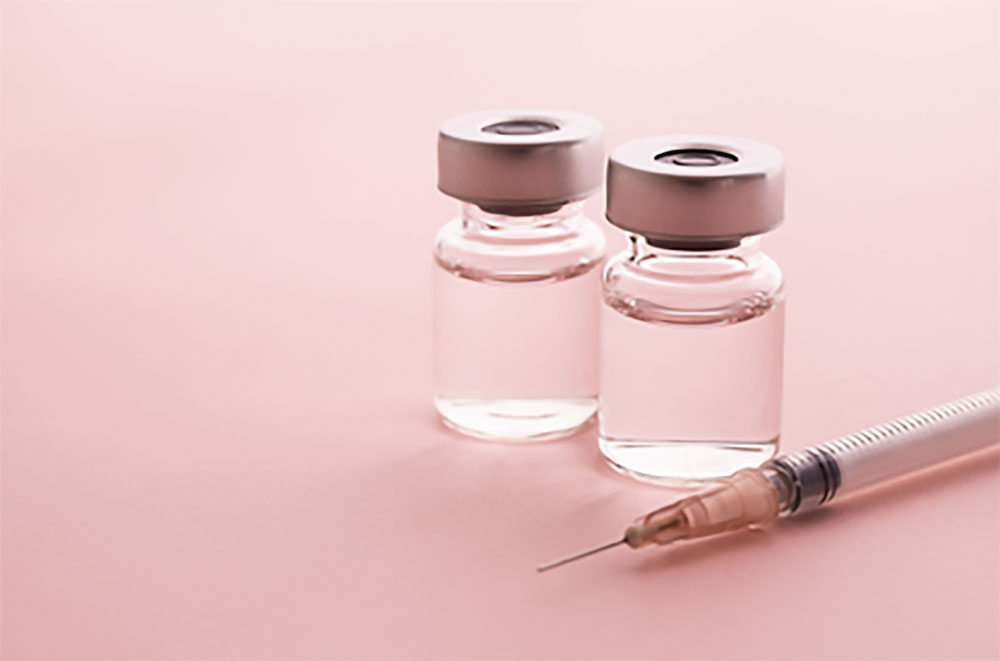The Benefits of BPC-157

BPC-157, a synthetic peptide derived from a naturally occurring protein in the body, has garnered attention for its potential therapeutic benefits across a wide range of health conditions. One significant benefit of BPC-157 is its ability to promote tissue healing and repair. This peptide has been studied for its regenerative properties, which may accelerate the healing process in various types of injuries, including tendon and ligament damage, muscle strains, and even fractures. By stimulating angiogenesis (the formation of new blood vessels) and enhancing collagen production, BPC-157 supports the body's natural mechanisms of repair, leading to faster recovery times and improved outcomes.
Moreover, BPC-157 has shown promise in its ability to alleviate inflammation and reduce pain associated with injuries and inflammatory conditions. Chronic inflammation is a common underlying factor in many health issues, including arthritis, inflammatory bowel disease, and autoimmune disorders. BPC-157 exhibits anti-inflammatory effects by modulating inflammatory pathways and promoting a balanced immune response. This dual action of reducing inflammation while simultaneously promoting tissue repair makes BPC-157 a potentially valuable therapeutic agent for managing a variety of inflammatory and degenerative conditions.
Additionally, emerging research suggests that BPC-157 may have neuroprotective properties, making it a promising candidate for treating neurological disorders and injuries. Studies have demonstrated its ability to protect neurons from damage, improve neurological function, and even promote the growth of new neurons. These findings suggest that BPC-157 may have potential applications in the treatment of conditions such as traumatic brain injury, stroke, Parkinson's disease, and Alzheimer's disease. While further research is needed to fully understand the mechanisms underlying its neuroprotective effects, the potential of BPC-157 as a therapeutic agent for neurological disorders holds significant promise for improving patient outcomes and quality of life.
Gwyer D, Wragg NM, Wilson SL. Gastric pentadecapeptide body protection compound BPC 157 and its role in accelerating musculoskeletal soft tissue healing. Cell Tissue Res. 2019 Aug;377(2):153-159. doi: 10.1007/s00441-019-03016-8. Epub 2019 Mar 27. PMID: 30915550.
Sikiric P, Seiwerth S, Rucman R, Kolenc D, Vuletic LB, Drmic D, Grgic T, Strbe S, Zukanovic G, Crvenkovic D, Madzarac G, Rukavina I, Sucic M, Baric M, Starcevic N, Krstonijevic Z, Bencic ML, Filipcic I, Rokotov DS, Vlainic J. Brain-gut Axis and Pentadecapeptide BPC 157: Theoretical and Practical Implications. Curr Neuropharmacol. 2016;14(8):857-865. doi: 10.2174/1570159x13666160502153022. PMID: 27138887; PMCID: PMC5333585.